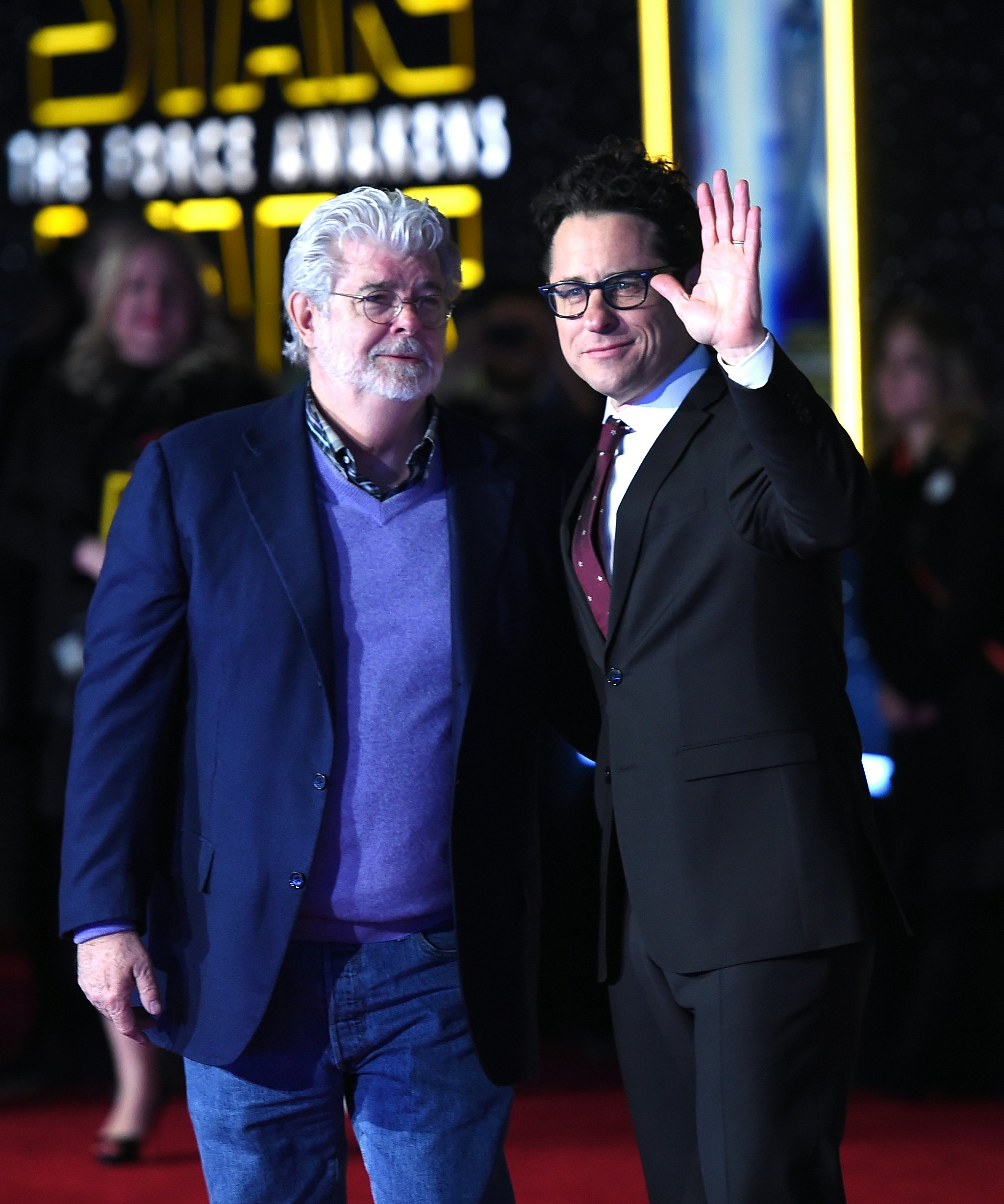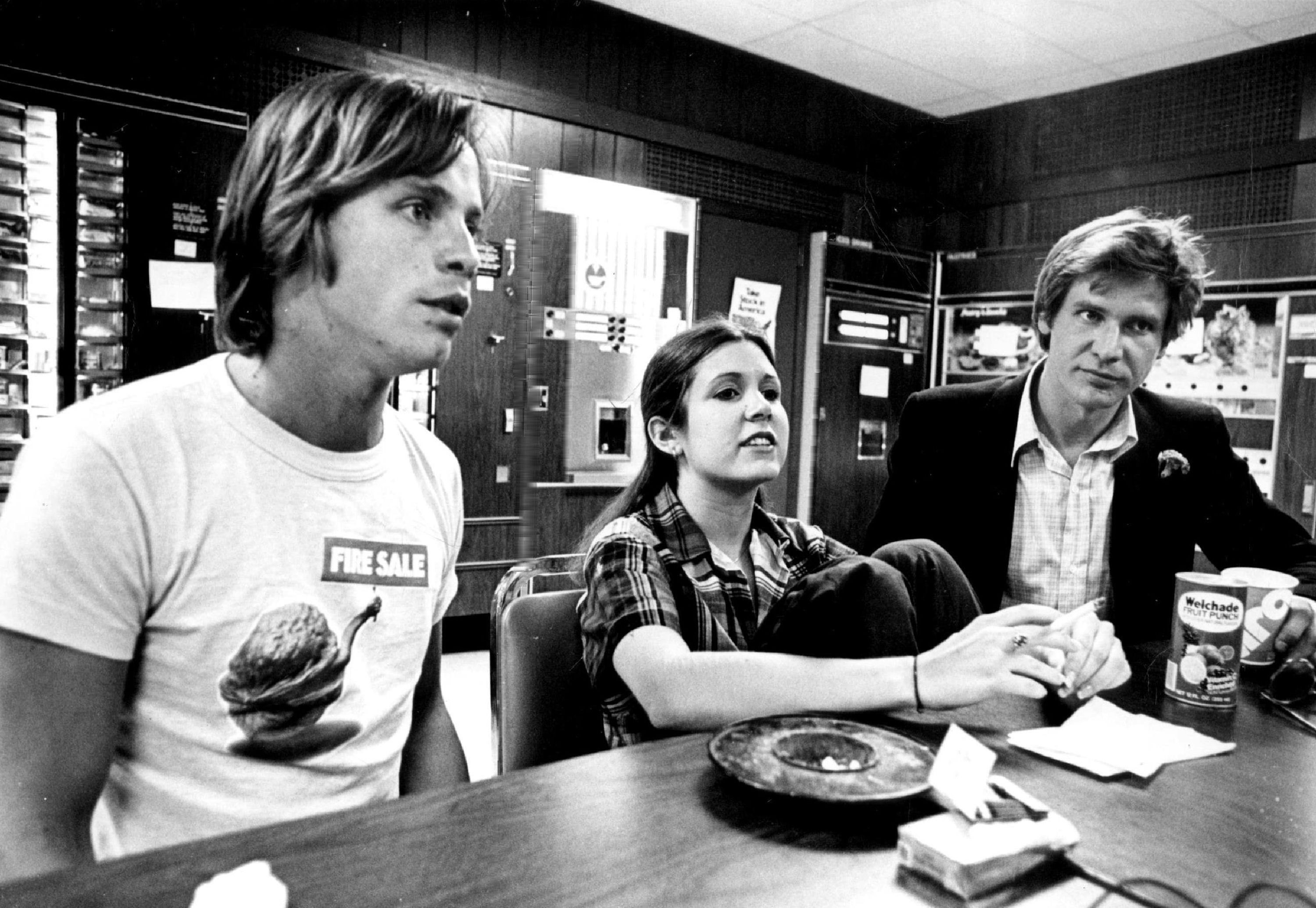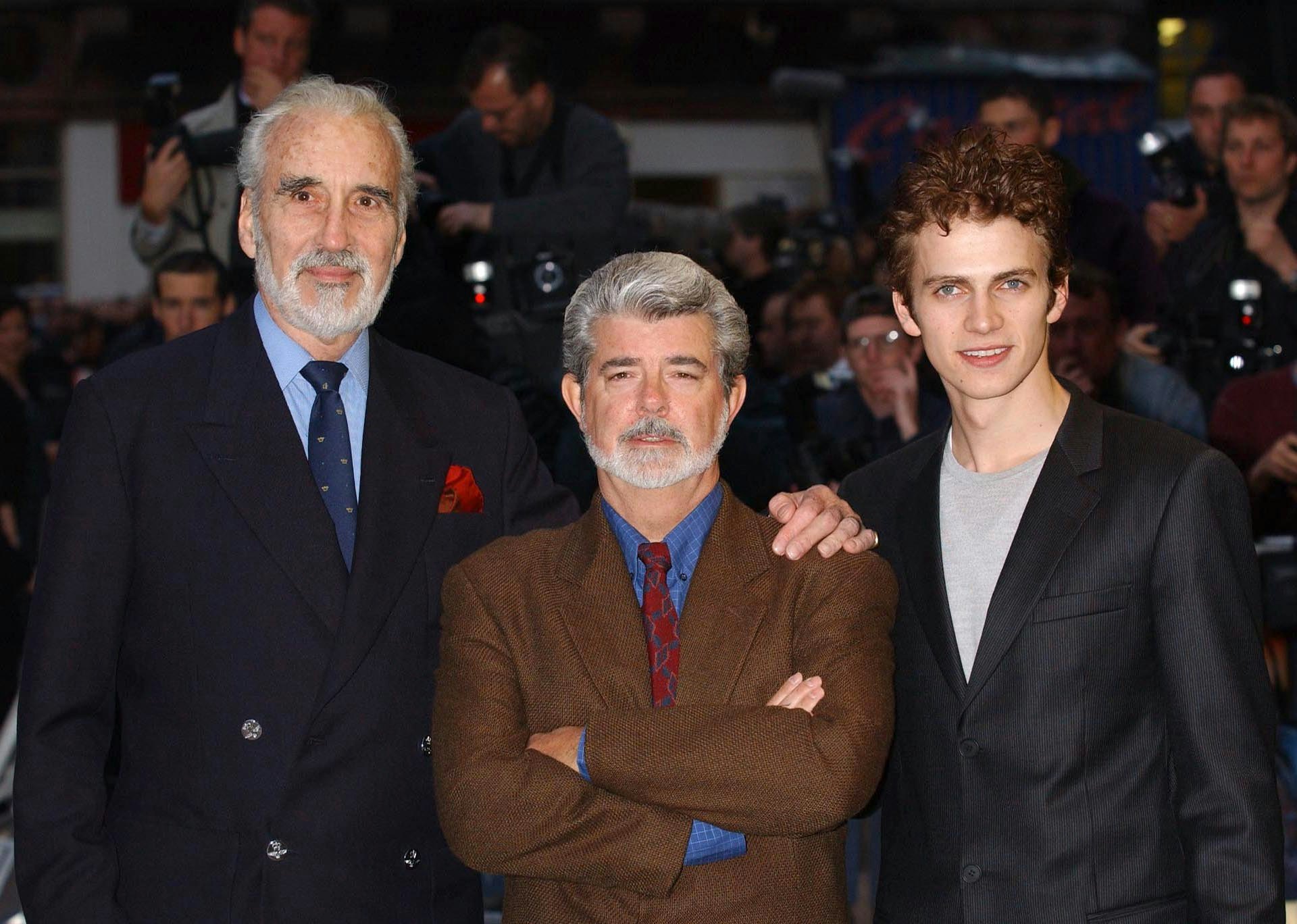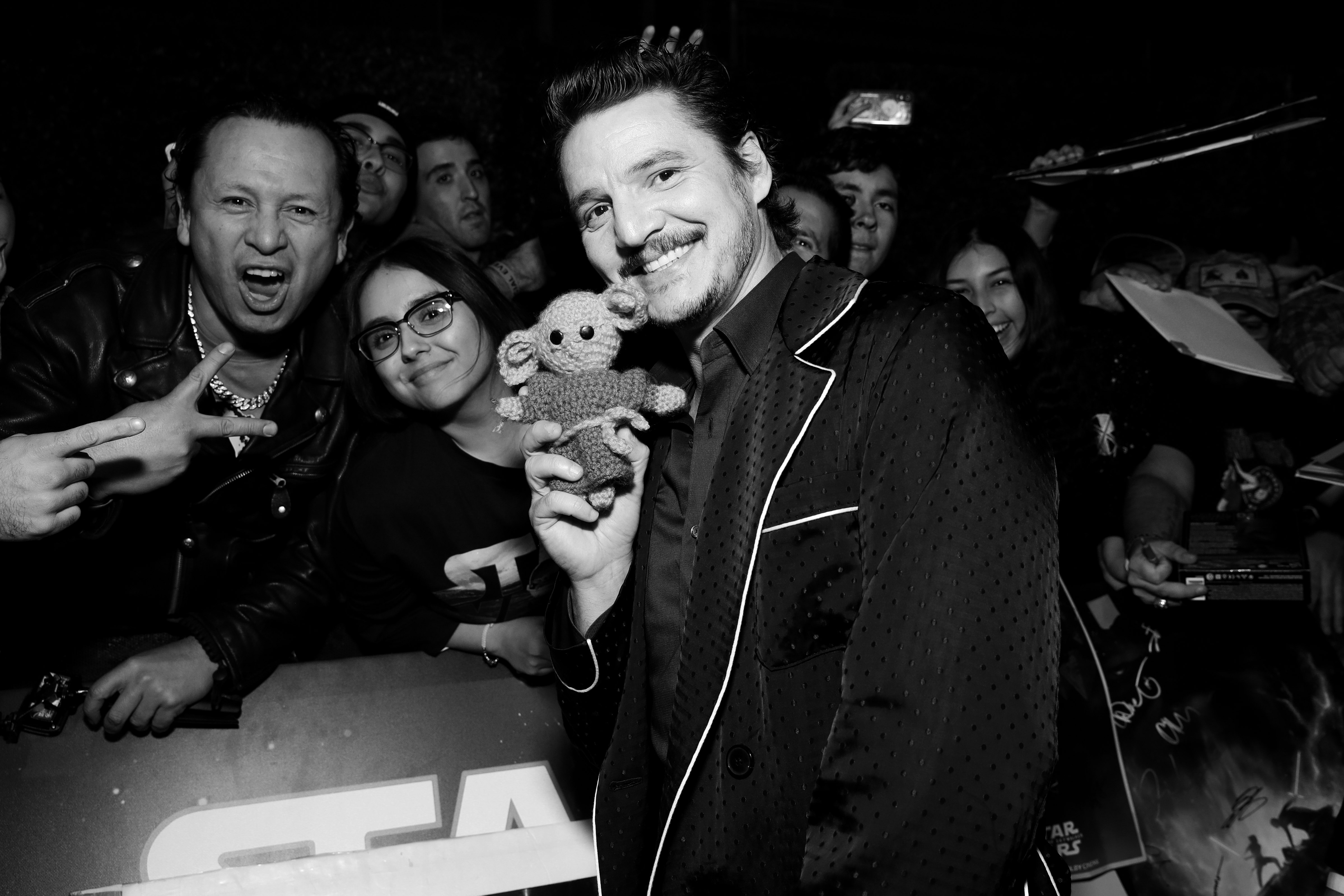
Imagine The Force Awakens never happened. In 2011, one year before Disney’s purchase of Lucasfilm was made public, the Star Wars franchise was teetering on the edge of irrelevancy, at least relative to mainstream interest. Then, in October 2012, George Lucas stepped away from his most famous creation. Star Wars was given a new master; the rest is recent history.
10 years later, it’s obvious the Star Wars brand has expanded. But beyond the borders of its own galaxy, how much has Disney Star Wars impacted the rest of the sci-fi and fantasy world? Maybe not much.
In December 2015, the world once again caught Star Wars fever. The Force Awakens was greeted with almost overwhelmingly positive reviews, and to this day it’s the film in the franchise that’s made the most money at the box office; 2.5 billion, to be exact.
But did this record-breaking blockbuster actually impact the rest of genre cinema? Other than elevating the careers of Daisy Ridley and John Boyega, it’s tough to point to something innovative — technically or narratively — to call the enduring legacy of The Force Awakens. George Lucas said he felt The Force Awakens contained “nothing new.”

The original Star Wars trilogy (1977-1983) and the prequel trilogy (1999-2005) both contributed to VFX advances. While it’s common to shoot exclusively on digital cameras today, George Lucas’ decision to shoot Attack of the Clones digitally made him a risk-taking pioneer. And while the technological leaps of the classic films have been well documented, the original Star Wars also brought an old-style space opera science fiction into the mainstream in a way that no one could have thought possible.
Through a composite of influences ranging from Dune and Flash Gordon to Joseph Campbell and Akira Kurosawa, Lucas and his collaborators created a new mythology that felt both retro and forward-thinking. This jolt of creativity transformed the genre. Even sci-fi movies that are nothing like Star Wars were influenced by it. Films that tried to strike back against the Star Wars aesthetic still had Star Wars on the brain.
This influence wasn’t all positive. Because the structure of the original Star Wars was retrograde even back in 1977, mainstream films and shows that didn’t adopt a hero's journey structure often struggled to get made or connect with a larger audience. Even subversive sci-fi space operas, like the Battlestar Galactica reboot, still tipped their hat to Star Wars, as did Babylon 5 and the 2009 J.J. Abrams-directed Star Trek reboot.
Good or bad, there’s a before and after when it comes to Star Wars. From a technical perspective, the same is true for the prequels. The first two Star Wars trilogies had an earthquake-like impact on science fiction movies and television.

But what about now? The various Disney-produced Star Wars projects have elicited all sorts of different reactions from fans and critics. But if we’re only talking profits and impact, these reactions don’t mean much. While you could argue that Andor is subjectively better than Obi-Wan Kenobi, or that Solo deserved to make as much at the box office as The Rise of Skywalker, none of these discussions suggest that modern Star Wars has blazed a trail for the genre.
Overwhelmingly, most Disney-era Star Wars projects have looked back. Even The Mandalorian, which created its own mood and niche, quickly became a vector for Star Wars nostalgia, including a CGI de-aged Luke Skywalker in the Season 2 finale. This, combined with the partially CGI-ed Leia in The Rise of Skywalker, might be the legacy of Disney Star Wars. The franchise has proven very good at preserving older characters, like dragonflies in amber.
In fairness, two recent technical developments were given attention thanks to Star Wars TV shows. The Mandalorian demonstrated the viability of an AR wall called The Volume, lessening the reliance on green screen. Meanwhile, Respeecher has pushed voice-cloning tech into the bleeding edge.

But these technological leaps could have occurred without Star Wars. Lucasfilm refined the Volume, but the tech has been developing for two decades. Respeecher has several other clients. Did we need Lucasfilm to make these techniques mainstream? Maybe. Maybe not.
It’s tough to suggest that modern Star Wars helped push other genre movies or geek interests into new territory. The MCU didn’t look to the Disney version of Star Wars for inspiration, nor did modern Star Trek shows. Prestige TV hasn’t really been influenced by Star Wars, and despite the popularity of The Mandalorian, it’s not like it shook up TV writing the way Game of Thrones did a decade ago.
Star Wars under Disney has produced a mixed bag of movies and TV, most of which look backward rather than forward. For fans, it’s amazing that we get to keep dipping into this universe. But in terms of posterity, Disney’s contributions don’t feel earth-shattering. As wonderful as Andor is, or as subversive as The Last Jedi felt in 2017, it’s hard to argue that they had their predecessors’ impact on the world.
In 2012, Disney bought Star Wars and promptly gave us a bunch of Star Wars toys to play with. But it remains to be seen how much the world will care another decade from now.







